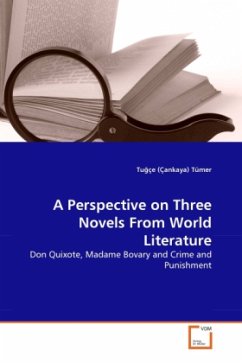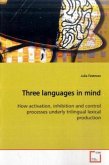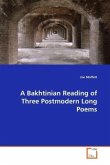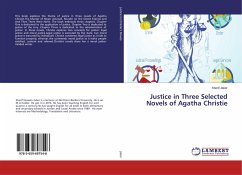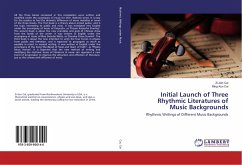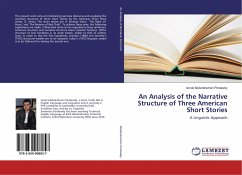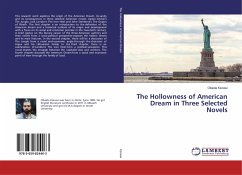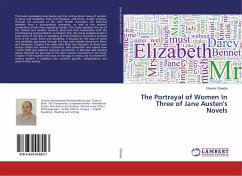The works of Cervantes, Flaubert and Dostoyevsky are still subjects of literary research even after centuries. This study aims to bring new light to the long-discussed issues about Cervantes' great skill in characterisation that makes Don Quixote and Sancho the prototypes of various characters created in literary works, films and carricatures, his dealing with a universal theme which is 'duality in human nature', and his style containing two different genres in one work. One can also find useful information about Flaubert's narrative technique which has a considerable contribution to the theme in Madame Bovary, which becomes a masterpiece of irony. Dostoyevsky's Crime and Punishment is also analysed as it has long been discussed not only by literary critics but also by psychologists and those who are interested in crime psychology. Therefore, the psychological aspect of confession along with the detective Porfiry's psychological techniques will be analysed. Furthermore, Dostoyevsky's style with Bakhtin's dialogy, polyphony and heteroglossia will also be dealt with in the hope to help the ones who are interested in Dostoyevsky's narrative style.
Bitte wählen Sie Ihr Anliegen aus.
Rechnungen
Retourenschein anfordern
Bestellstatus
Storno

